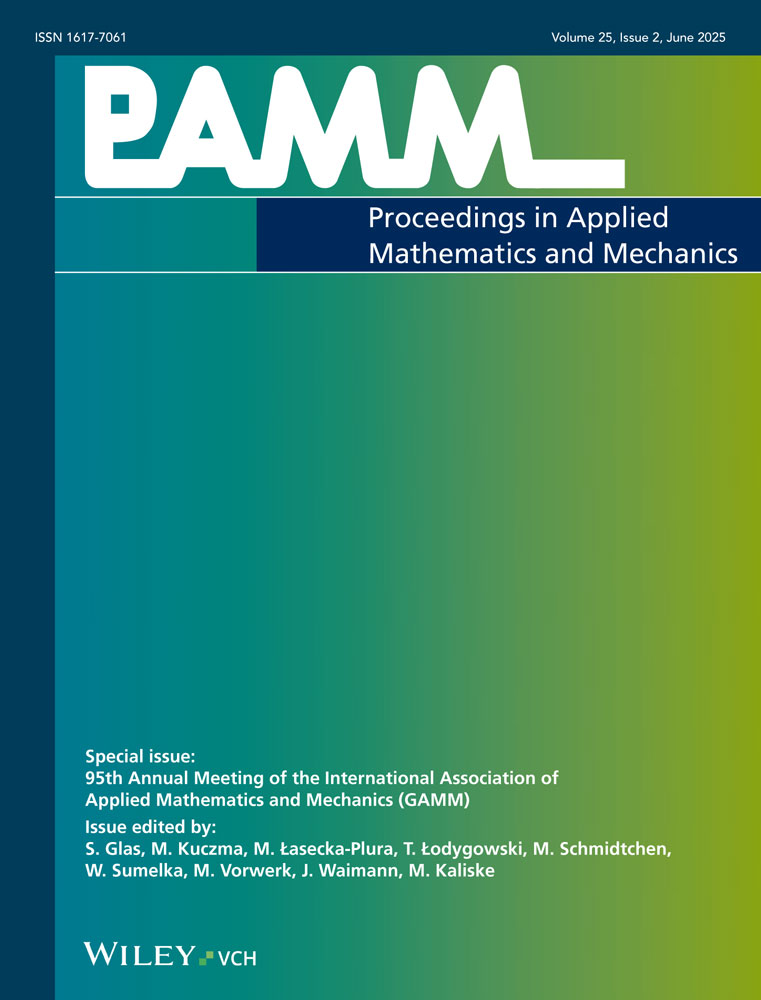Cauchy Problems and Breakdown in the Theory of Marginally Separated Flows
Abstract
Flow separation can be viewed as one of the trigger events of laminar-turbulent boundary layer transition. Thus, intensive investigations have been carried out as to when and how laminar boundary layers break down. In the special case of marginal separation, i.e. the formation of short laminar separation bubbles, high Reynolds number asymptotic theory yields integro-differential equations governing the essential flow behavior. We will present further considerations of associated initial value problems (IVPs) in planar and three-dimensional flow cases regarding the general ill-posedness. As for regularization methods, higher order asymptotic terms comprising the streamline curvature in the boundary layer region are taken into account rendering the hence modified problem well-posed, which can be seen from the dispersion relation and numerical solutions of the full problem. Even though the regularized IVPs admit limiting steady states in their time evolution, the phenomenon of finite time blow-up, which can be interpreted as “bubble bursting”, is still present for certain initial conditions. The inevitable breakdown of the asymptotic description leads to the emergence of a new asymptotic structure of shorter spatio-temporal scales associated with the unique self-similar blow-up structure. (© 2012 Wiley-VCH Verlag GmbH & Co. KGaA, Weinheim)




